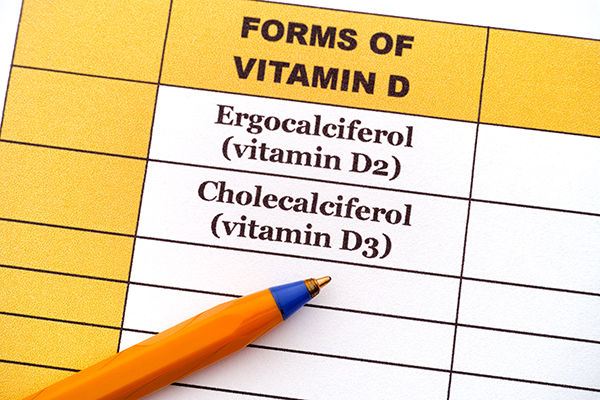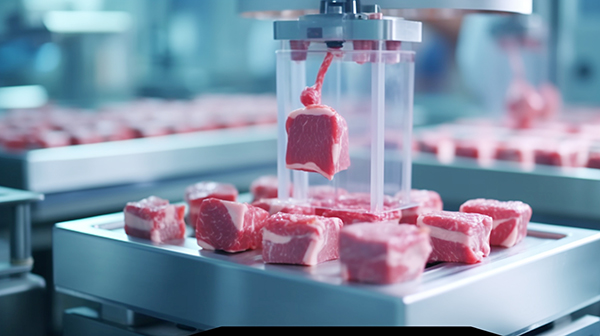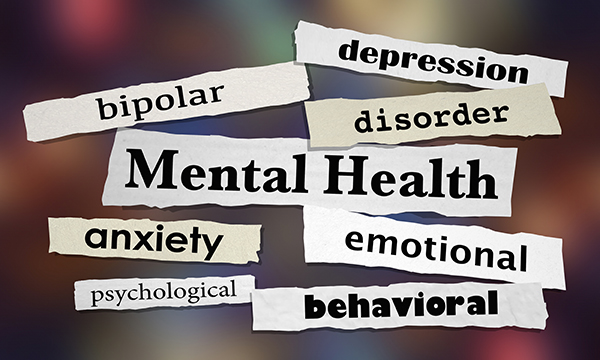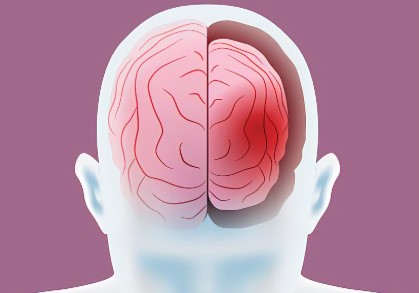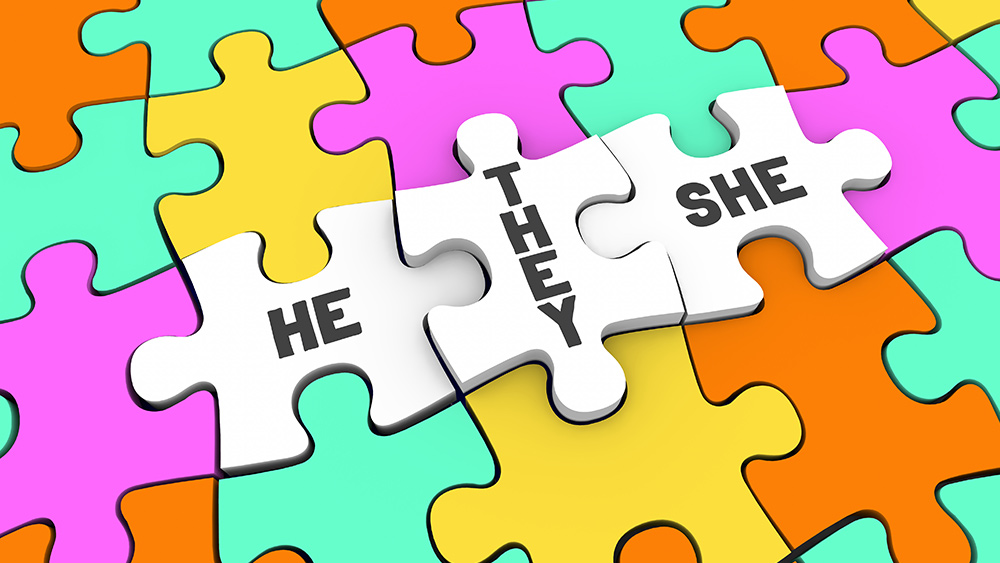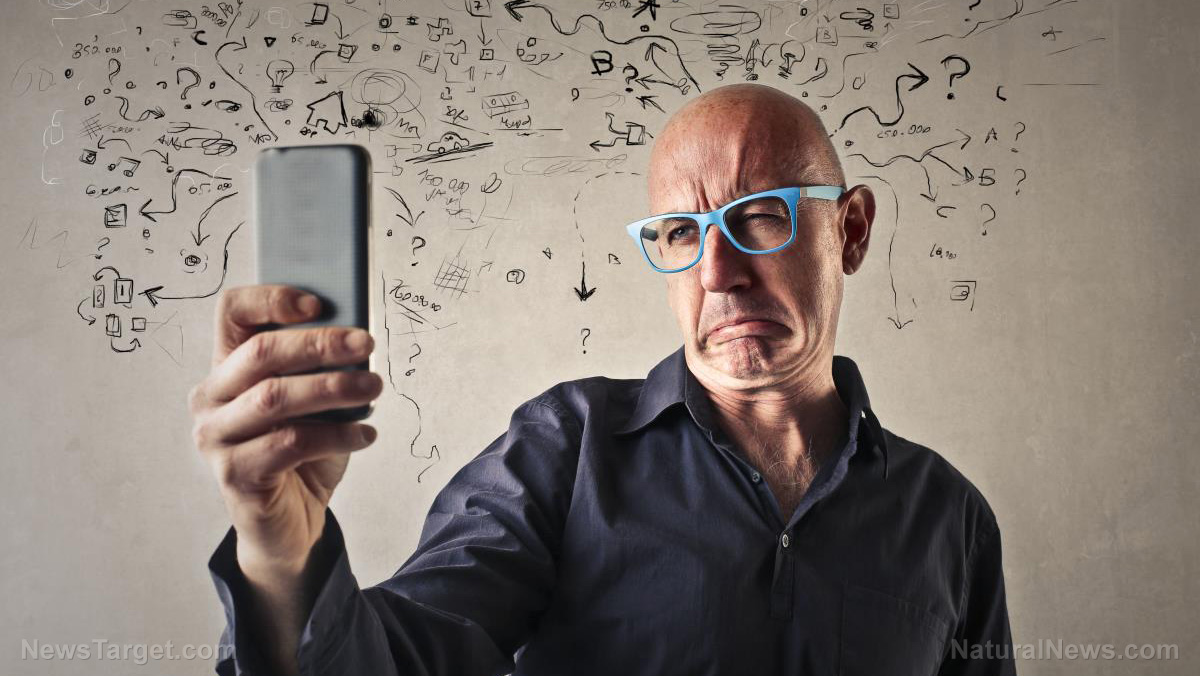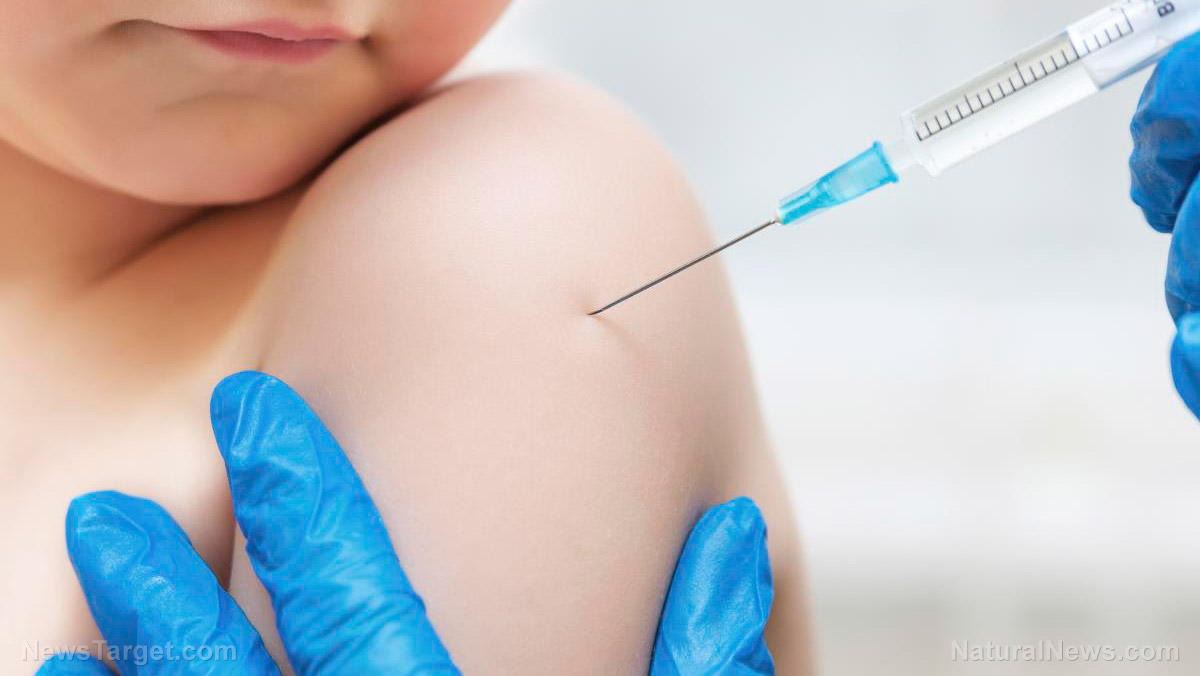Healthy gut, happy mind: How your microbiome shapes anxiety, depression and mental well-being
10/22/2025 / By Willow Tohi

- The gut microbiome directly influences brain function and mental health through the gut-brain axis.
- Imbalances in gut bacteria are linked to anxiety, depression, ADHD and autism spectrum disorders.
- Probiotics, prebiotics and fermented foods can restore microbial balance and improve mood.
- Dietary changes (low-carb, high-fat, or Mediterranean diets) show strong correlations with reduced anxiety and depression.
- Emerging research suggests fecal transplants and psychobiotics may revolutionize mental health treatment.
Anxiety and depression affect nearly a billion people worldwide, yet conventional treatments like medications and therapy often fall short. Emerging research reveals an unexpected player in mental health: the trillions of bacteria living in your gut. Scientists now understand that these microbes don’t just aid digestion—they communicate directly with the brain, influencing mood, behavior and even personality. A groundbreaking study published in EMBO Molecular Medicine (2025) found that mice raised without gut bacteria displayed heightened anxiety, while restoring microbial balance reversed these effects. Similar findings in humans suggest that gut dysbiosis—an imbalance in beneficial and harmful bacteria—may be a hidden driver of mental health disorders.
The gut-brain axis: A two-way highway
The gut-brain axis is a complex communication network linking the gastrointestinal tract to the central nervous system, forming a critical feedback loop that influences both mental and physical health. Stress, poor diet, environmental toxins (such as pesticides, heavy metals and pharmaceutical residues) and even electromagnetic pollution can disrupt this delicate balance, altering gut bacteria and triggering systemic inflammation—a key factor in depression, anxiety and even neurodegenerative diseases.
Conversely, a healthy microbiome produces essential neurotransmitters like serotonin (90% of which is made in the gut) and GABA, which regulate mood and calm the nervous system. Emerging research suggests that gut dysbiosis—often caused by processed foods, glyphosate-laced crops and antibiotic overuse—plays a significant role in the epidemic of mental health disorders.
Fascinatingly, studies show that fecal transplants from confident mice can make timid rodents more adventurous—a phenomenon mirrored in humans, where probiotics and prebiotic-rich foods (such as onions, garlic, bananas and fermented foods) have been shown to reduce anxiety and depression symptoms. However, mainstream medicine, heavily influenced by Big Pharma, continues to push toxic psychiatric drugs like SSRIs—which often worsen gut health—instead of addressing root causes.
Diet’s powerful role in mental health
Women, in particular, are more vulnerable to psychological distress linked to food intolerances, likely due to hormonal fluctuations and the gut’s role in estrogen metabolism. Rebalancing the microbiome through organic, nutrient-dense foods, herbal medicine and detox protocols offers a powerful, natural alternative to the failing psychiatric model—one that empowers individuals rather than enslaving them to Big Pharma’s profit-driven schemes.
Food choices dramatically shape gut bacteria, with profound effects on mental well-being:
- Probiotics (Lactobacillus, Bifidobacterium): Reduce stress and depressive symptoms.
- Prebiotics (fiber, GOS): Feed beneficial bacteria, lowering anxiety.
- Fermented foods (kefir, kimchi): Boost microbial diversity and resilience.
- Anti-inflammatory spices (turmeric, chili peppers): Reverse gut imbalances linked to mood disorders.
Research also highlights the dangers of processed foods, sugar and pesticides, which promote harmful bacteria and inflammation—both tied to worsening mental health.
Psychobiotics: The future of mental health treatment?
The emerging field of psychobiotics explores how specific bacterial strains can treat psychiatric conditions. Early trials show promise:
- Autism & ADHD: Children with these disorders often have low levels of beneficial bacteria (e.g., Lactobacillus) and excess toxin-producing strains (e.g., Clostridium). Probiotic interventions improve behavior and focus.
- Depression: Fecal transplants from healthy donors alleviate symptoms in depressed patients.
- Anxiety: Strains like Bifidobacterium longum reduce cortisol and enhance stress resilience.
Despite skepticism from mainstream medicine, psychobiotics offer a natural, side-effect-free alternative to pharmaceuticals.
Feed your microbes, nourish your mind
The science is clear: A healthy gut is the foundation of a healthy mind. By prioritizing whole foods, reducing toxins and incorporating probiotics, individuals can take control of their mental well-being—without relying solely on medications. As research advances, the gut-brain connection may redefine how we treat anxiety, depression and neurological disorders. The next frontier in mental health isn’t just in the brain—it’s in the microbiome.
Your diet doesn’t just shape your body—it shapes your thoughts, emotions and resilience. Choose wisely.
Sources for this article include:
Submit a correction >>
Tagged Under:
Anxiety, beat depression, Big Pharma, brain health, Censored Science, gut health, gut-brain axis, healing, mental, Mind, mind body science, natural health, natural medicine, prevention, psycology, remedies, research
This article may contain statements that reflect the opinion of the author
RECENT NEWS & ARTICLES
Mental.News is a fact-based public education website published by Mental News Features, LLC.
All content copyright © 2018 by Mental News Features, LLC.
Contact Us with Tips or Corrections
All trademarks, registered trademarks and servicemarks mentioned on this site are the property of their respective owners.




